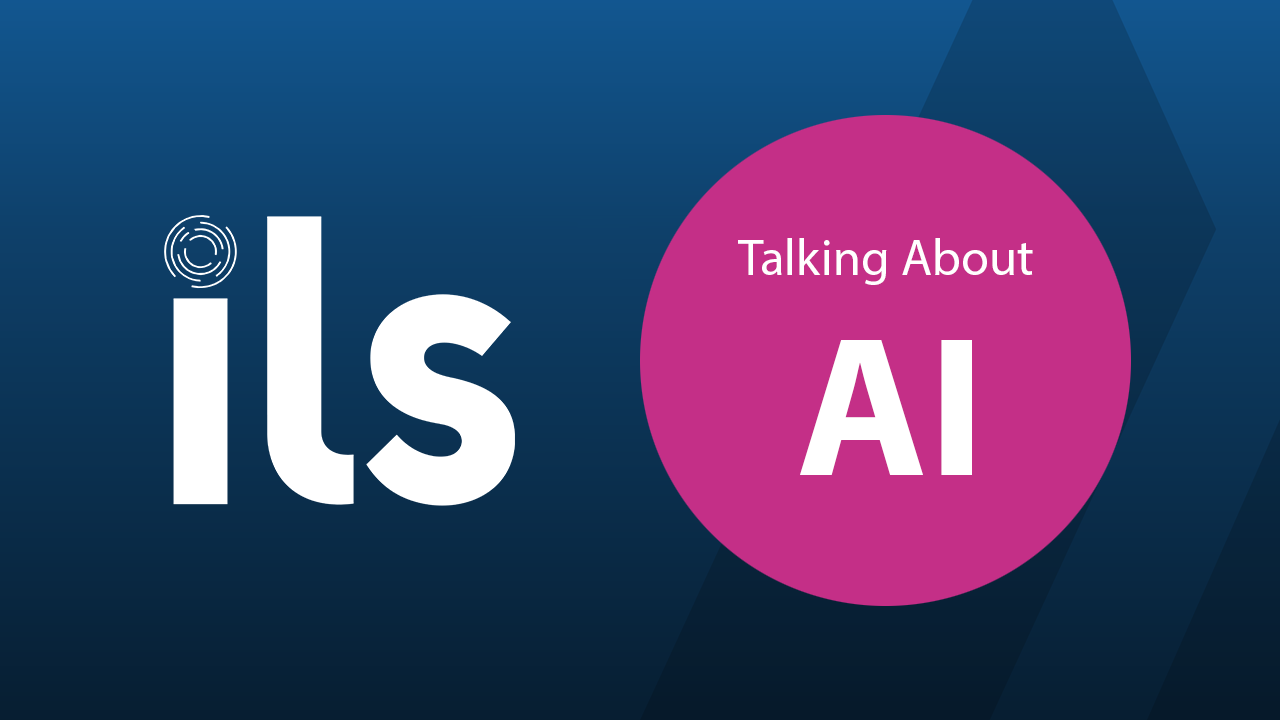In the ever-evolving landscape of eDiscovery, legal professionals are constantly seeking innovative technologies to streamline document review processes and enhance efficiency. Two prominent technologies garnered significant attention in recent years are Technology-Assisted Review (TAR) and Generative Artificial Intelligence (AI). While both TAR and Generative AI offer unique eDiscovery benefits, they fundamentally differ in their approach and capabilities. This article compares TAR to Generative AI and explores why they are complementary tools in the eDiscovery platform.
Technology-Assisted Review (TAR)
TAR, also known as predictive coding or computer-assisted review, is a machine learning technology that assists legal professionals in identifying relevant documents during the document review process. TAR utilizes algorithms to analyze and categorize documents based on patterns and feedback provided by human reviewers. Over the past decade, TAR has become a widely accepted tool in eDiscovery, with established precedents in legal proceedings and court decisions.
Generative AI in eDiscovery Work
On the other hand, Generative AI represents a more advanced form of artificial intelligence that can generate new content based on patterns and data inputs. In the context of eDiscovery, Generative AI can analyze vast amounts of documents, predict outcomes, and even assist in producing relevant information. While Generative AI shows great promise in revolutionizing document review processes, it is still in the early stages of development and deployment, with unproven reliability. It lacks the established precedent and court approval that TAR has in the legal field.
Complementary Nature of TAR and Generative AI
Despite their differences, TAR and Generative AI are complementary tools in the eDiscovery platform. TAR’s proven track record and established precedent make it a reliable and trusted technology for legal professionals to rely on during document review. Its ability to accurately identify relevant documents and streamline the review process is invaluable in legal proceedings.
On the other hand, Generative AI’s advanced capabilities in data analysis and outcome prediction offer a new dimension to eDiscovery work. By leveraging Generative AI, legal professionals can enhance the efficiency and accuracy of document review processes, ultimately improving the quality of legal outcomes. However, it is crucial to recognize that Generative AI does not replace TAR and other established tools in the eDiscovery platform.
Conclusion
In conclusion, while Generative AI shows immense potential in transforming eDiscovery work, it does not replace TAR and other tools that have been tested and proven over the years. TAR’s decade-long track record established precedent in legal proceedings, and reliability make it an essential component of the eDiscovery platform. As Generative AI continues to evolve and mature, legal professionals can benefit from leveraging both TAR and Generative AI to enhance the efficiency and accuracy of document review processes. It is essential to recognize the complementary nature of these technologies and utilize them in tandem to achieve optimal results in eDiscovery work.
![]()
Learn More
If you would like to learn more about how to apply generative AI for document review, please feel free to contact us at sales@ilsteam.com.
About ILS
ILS is the nation’s preeminent Plaintiff-only eDiscovery provider with expertise in leveraging AI for eDiscovery.
We specialize in leveling the playing field for the Plaintiffs’ bar by providing high-quality discovery services to help clients win their cases. Our clients know that they are sharing their vital case strategies with like-minded professionals who are committed and passionate about getting justice for Plaintiffs.
We have worked on many of the country’s largest and most noteworthy litigations over the past decade, including Takata Airbags, Roundup, Social Media Victims, 3M Combat Earplugs, JUUL Vaping, Actos/Bladder Cancer, VW Diesel Emissions, Alex Jones – Sandy Hook, Opioids, and Philips CPAP, among many others.
ILS supports multiple leading platforms including Reveal, Everlaw, Merlin, Relativity, iConect, and Nebula.
Learn more at www.ilsteam.com.


